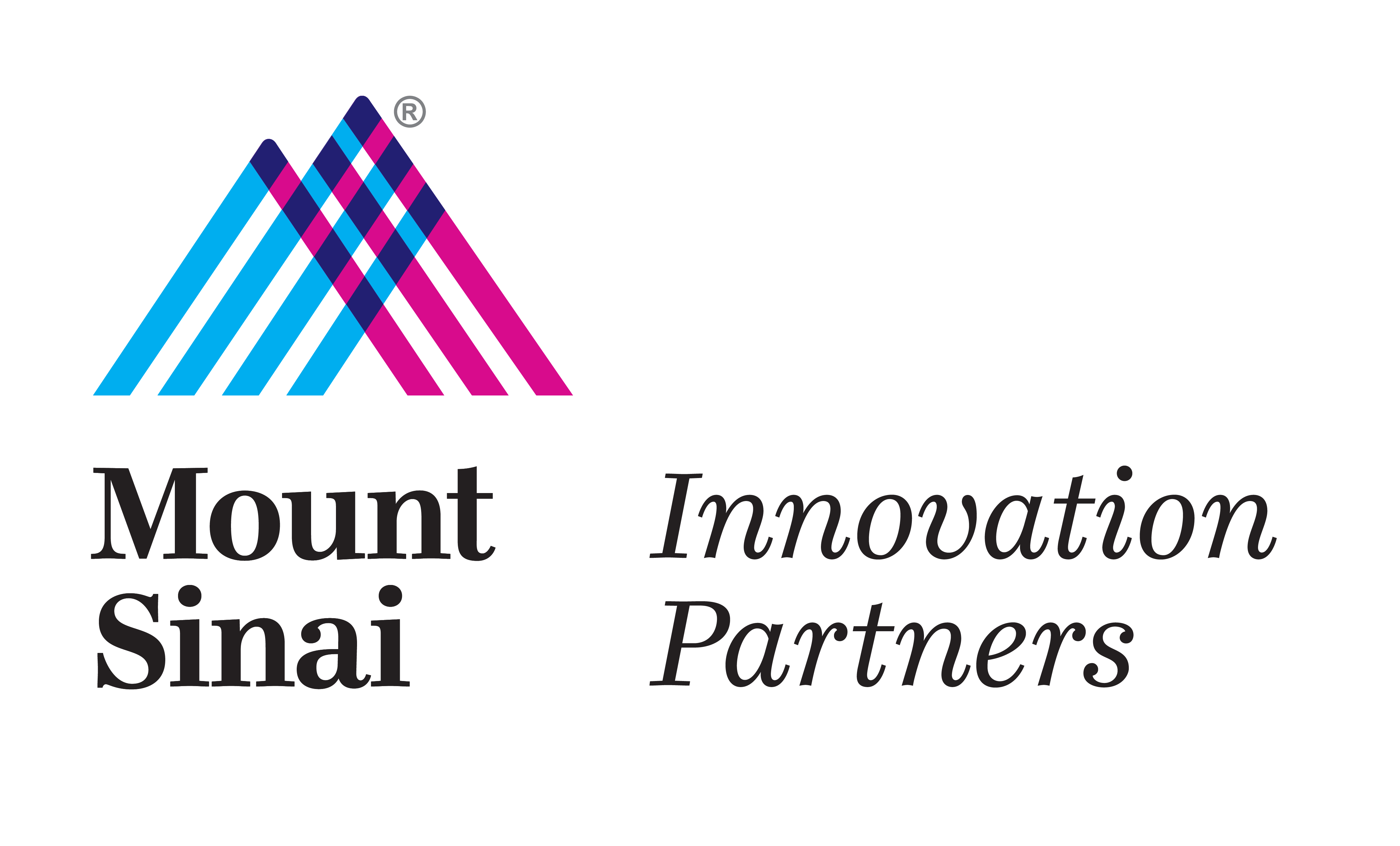Mount Sinai Invents Gene Signature to Identify Individuals with Cirrhosis at High-Risk for Liver Cancer
April 17, 2013April 17, 2013 – Researchers at the Icahn School of Medicine at Mount Sinai have developed the first-ever gene test that could be used to identify patients with cirrhosis who are at highest risk of developing the most common type of liver cancer, hepatocelluar carcinoma (HCC). The test will also help determine whether a patient diagnosed with HCC is likely to have a recurrence of cancer after the tumor is removed. NanoString Technologies, Inc. has secured the option to an exclusive worldwide license.
HCC is the third leading cause of cancer mortality worldwide and the fastest growing cause of cancer death in the U.S. The disease is prone to recurrence and often diagnosed in advanced stages, resulting in a five-year survival rate of less than 12 percent. HCC develops from cirrhosis—advanced fibrosis of the liver—which is estimated to affect one to two percent of the world’s population.
Josep M. Llovet, MD, Professor of Medicine and Director of the HCC Program, Liver Diseases, the Icahn School of Medicine at Mount Sinai and a co-inventor of the HCC gene signature, commented: “By identifying those liver cancer patients who are at the greatest risk of recurrence, doctors may monitor these patients more regularly to identify recurrent tumors while they are still treatable. The signature may also help us learn which patients with cirrhosis are at high risk for developing liver cancer, and implement treatment protocols like preventive chemotherapy to stop disease progression to cancer.”
A paper in the New England Journal of Medicine in 2008 led by Yujin Hoshida, MD, PhD, who is currently an Assistant Professor of Medicine (Liver Diseases) at Mount Sinai, described a method for extracting high quality RNA from liver tumor tissue to conduct a gene expression analysis. Using this method, the authors discovered a 186-gene expression signature which identifies those HCC patients who have a higher risk of recurrence. This gene signature was highly correlated with survival in a training set of 82 Japanese patients and was validated in an independent set of 225 patients from the United States and Europe. This same gene signature has been tested in a large European cohort of 280 cirrhotic patients, and found that 20 percent of them were at high risk of developing HCC and had shorter survival that those without the poor prognosis signature. The results were published in January in the journal Gastroenterology..
“In addition to helping establish treatment protocols, the gene signature will allow clinicians to identify high risk patients who are good candidates for entry into clinical trials of new agents in both the adjuvant and chemopreventive settings,” said Dr. Llovet.
NanoString Technologies, Inc. secured the option to an exclusive worldwide license from The Broad Institute, a leading non-profit molecular medicine institute in Cambridge, Mass., acting on behalf of the inventors’ institutions. The HCC gene signature was invented by researchers from the Dana Farber Cancer Institute, the Icahn School of Medicine at Mount Sinai, Massachusetts Institute of Technology, The Hospital Clinic of Barcelona, and Massachusetts General Hospital. During the period in which the option can be exercised, NanoString plans to assess the feasibility of developing an in vitro diagnostic assay based on the HCC signature.
As co-inventors of the HCC gene signature, Drs. Llovet and Hoshida would be entitled to a portion of future royalty payments from NanoString.
About The Mount Sinai Medical Center
The Mount Sinai Medical Center encompasses both The Mount Sinai Hospital and Icahn School of Medicine at Mount Sinai. Established in 1968, the Icahn School of Medicine at Mount Sinai is one of the leading medical schools in the United States. The Icahn School of Medicine is noted for innovation in education, biomedical research, clinical care delivery, and local and global community service. It has more than 3,400 faculty members in 32 departments and 14 research institutes, and ranks among the top 20 medical schools both in National Institutes of Health (NIH) funding and by U.S. News & World Report.
The Mount Sinai Hospital, founded in 1852, is a 1,171-bed tertiary- and quaternary-care teaching facility and one of the nation’s oldest, largest and most-respected voluntary hospitals. In 2012, U.S. News & World Report ranked The Mount Sinai Hospital 14th on its elite Honor Roll of the nation’s top hospitals based on reputation, safety, and other patient-care factors. Mount Sinai is one of just 12 integrated academic medical centers whose medical school ranks among the top 20 in NIH funding and by U.S. News & World Report and whose hospital is on the U.S. News & World Report Honor Roll. Nearly 60,000 people were treated at Mount Sinai as inpatients last year, and approximately 560,000 outpatient visits took place.
For more information, visit https://www.mountsinai.org.
Find Mount Sinai on:
Facebook: https://www.facebook.com/mountsinainyc
Twitter @mountsinainyc
YouTube: https://www.youtube.com/mountsinainy

